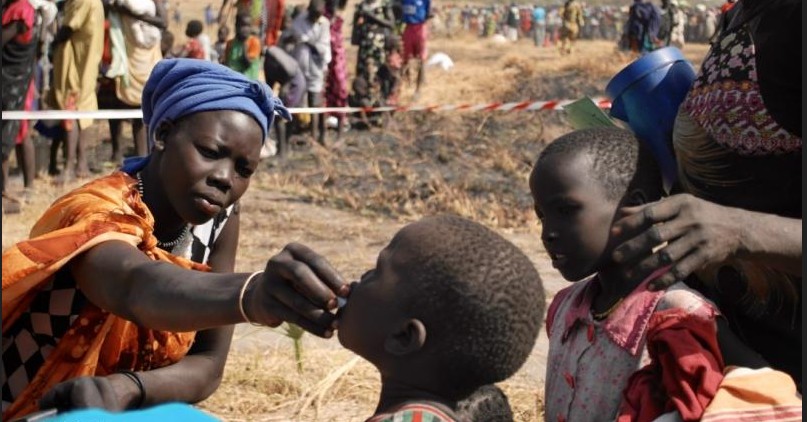Gen Z-led demos dent Kenya’s growth prospect to moderate - CBK

The surveyed CEOs noted that growth prospects for companies going forward will largely depend on the specific strategies put in place to improve business performance.
Youth-led demos in the country that began in June this year have done enough to dent the country's GDP growth prospects over the medium term, the latest CEO survey by the Central Bank of Kenya has revealed.
Conducted in July, the survey which inquired about company heads' level of optimism in the growth prospects, revealed a moderated business optimism for the sector and Kenyan economic growth prospects.
More To Read
- Mbadi confirms Treasury deliberately influencing shilling’s value against dollar
- Diaspora remittances from Saudi Arabia fall to four-year low after new work permit rules
- Businesses project job growth, stronger sales as festive season draws near
- Motor vehicle sales soar as lending rates fall amid economic recovery
- KRA retains fringe benefit tax rate at 8 per cent for October–December 2025
- Top 10 largest African economies in 2025 by Gross Domestic Product (GDP)
"This is mainly on account of uncertainty around protests and consequent disruptions to business activity," the report reads.
"The elevated cost of doing business and the uncertainty around protests are some of the key domestic factors constraining firms' growth in the next 12 months."
The outlook is a downgrade from the previous survey in May where CEOs exhibited sustained business optimism for company, sector, Kenyan, and global growth.
However, the CEOs in the most recent survey exhibited optimism in easing inflation, stability of the shilling, and good weather prospects which are expected to continue supporting growth.
Notably, indicators of business activity in the second quarter which ended in June 2024, remained relatively unchanged from the first quarter.
Respondents therefore expect the level of activity to remain relatively stable in the three months to September (Q3). "Customer centricity, talent management and technological innovations are some of the key factors expected to drive firms' growth in the next year," the report reads.
"Nevertheless, concerns around taxation are lower, following the withdrawal of the Finance Bill 2024."
The surveyed CEOs noted that growth prospects for companies going forward will largely depend on the specific strategies put in place to improve business performance.
These include diversification of products and services portfolio, leveraging on technology and innovation, and increased sales and marketing.
Sector-wise, the agriculture sector is expected to record improved performance, largely on account of good weather conditions.
Tourism hotels and restaurants on the other hand are expected to record increased activity during the peak season running from July to October 2024 and December to February 2025.
The financial sector has also been projected on a growth trajectory. This while leveraging on digitalisation, innovations and product diversification anchored on customer centricity.
However, the CEOs are concerned about borrower defaults which pose a risk to the sector.
The manufacturing sector activity is expected to be subdued, largely on account of the elevated high cost of doing business and muted consumer demand while the health sector continues to recover from the effects of the doctor's strike in Q2, 2024.
According to the company heads, the planned rollout of the Social Health Insurance Fund (SHIF) is expected to open up opportunities.
However, they indicated that the cost of compliance as the sector adopts the new program is expected to pose a challenge.
Moreover, they expressed concerns that delayed disbursements and non-payment of claims by insurance funds, competition from imports and declining donor funding continue to constrain activity.
The transport sector is also expected to recover from the slowdown recorded in the last quarter due to disruptions occasioned by excess rains and floods.
The recovery is on account of the expected increase in activity in other sectors with linkages to the transport sector.
Top Stories Today













































